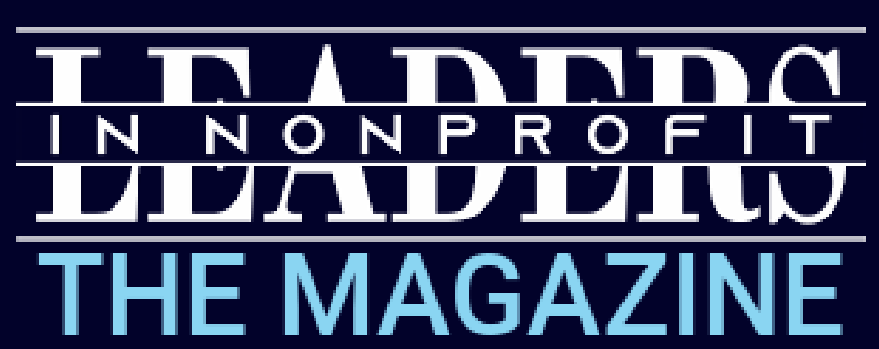Angelo Moore Named CIHDER Executive Director
Angelo Moore, Ph.D., has been named executive director of the North Carolina Agricultural and Technical State University Center of Excellence for Integrative Health Disparities and Equity Research (CIHDER).

Moore comes to N.C. A&T after five years with Duke University’s Duke Cancer Institute, where he was program manager, then assistant director of Community Outreach, Engagement and Equity and finally director of the Office of Health Equity.
Moore serves as an adjunct associate professor at the University of North Carolina at Chapel Hill. He held previous faculty appointments with Wright State University in Ohio and the University of Hawaii.
Outside his higher education career, Moore spent nearly three decades in health care leadership roles while serving in the Army, including chief nurse for education at Fayetteville Veterans Affairs Medical Center in North Carolina and chief of the Center for Nursing Science & Clinical Inquiry at Pacific Regional Medical Command in Honolulu.
Moore earned his BSN from Winston-Salem State University, MSN from Uniformed Services University of the Health Sciences and Ph.D. in nursing from UNC-CH. He holds patient navigator certification through the Harold P. Freeman Patient Navigation Institute, is a board-certified nurse executive through the American Nurses Credentialing Center and is a licensed registered nurse
About CIHDER
The Center of Excellence for Integrative Health Disparities and Equity Research (CIHDER) is a research center housed in HCHHS that focuses on all aspects of health disparities and health equity research. Health disparities and health equity research is complex and multi-faceted. To work toward the alleviation of these disparities, CIHDER is focused on working to create unique relationship-building activities and develop culturally sensitive engagement practices and research tools. Our work involves the diverse expertise of our NC A&T faculty, affiliate members, and community stakeholders to build sustainable and trusted relationships with minority ethnic groups and economically disadvantaged populations who bear the burden of disease.



